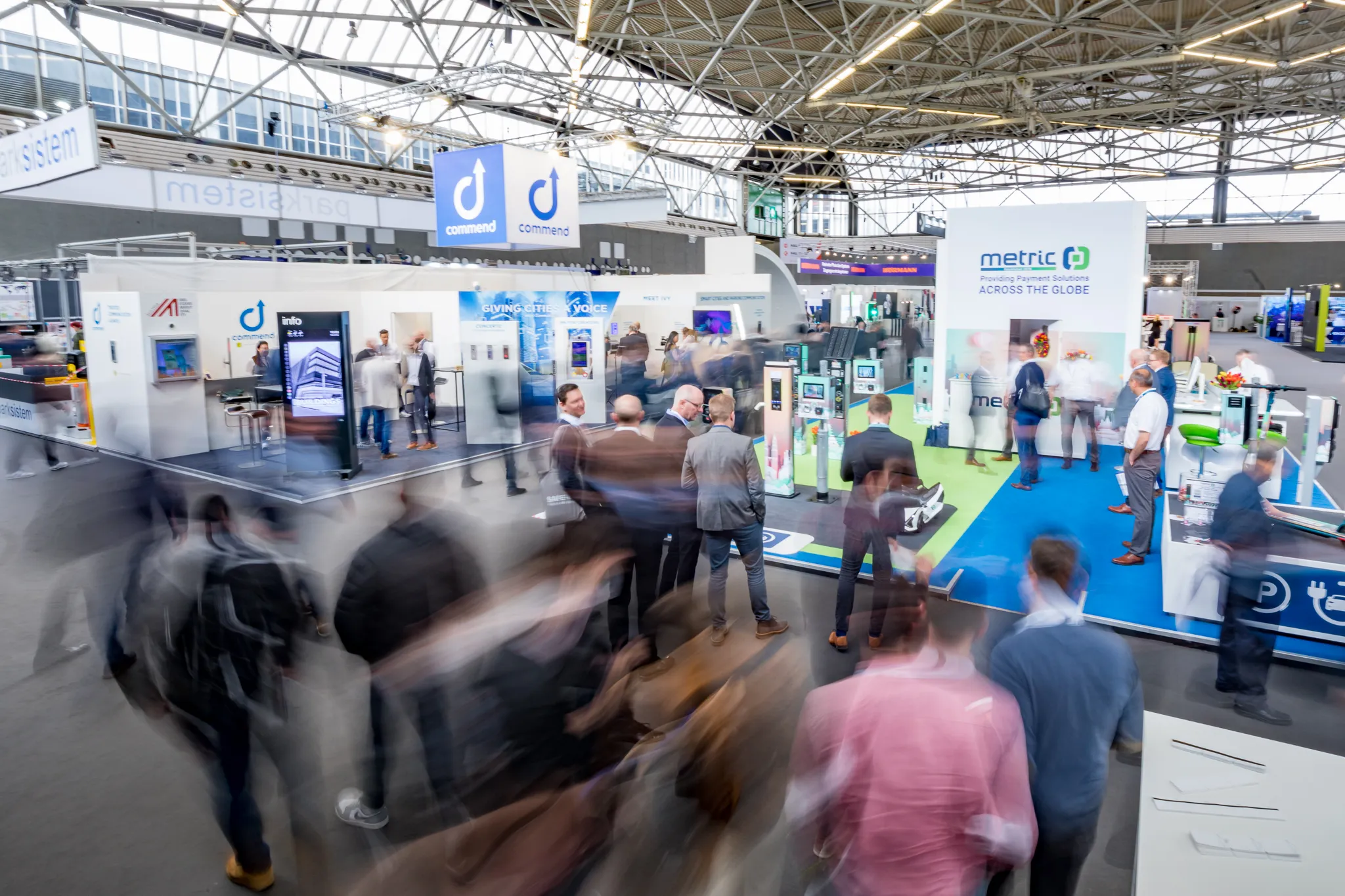G-STEP, a University of Leicester Project part funded by the ERDF, is holding a free, interactive breakfast workshop on Thursday 7 March, to introduce their new freight route mapping service for mobile devices. The service, which has been developed in collaboration with Leicester City Council and the Road Haulage Association, comes in the form of an app, which can be loaded onto mobile devices for use remotely, and identifies approved routes for large vehicles, allowing drivers to avoid roads that are unsui
March 5, 2013
Read time: 2 mins
The service, which has been developed in collaboration with Leicester City Council and the
This fully interactive session will give delegates and companies a chance to test out this innovative piece of software for free, as well as providing G-STEP with valuable input to further develop the application.
Professor Paul Monks, Director of G-STEP said: “This is a great example of university know-how meeting a local need to help develop a novel app-based solution.”
The workshop will include breakfast and will be held on Thursday 7th March from 8am to 11am at G-STEP in Readson House, 96-96 Regent Road. To book a place, or for more information, email the G-STEP team at: [email protected]








